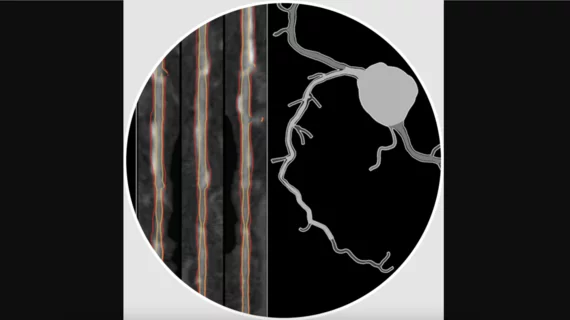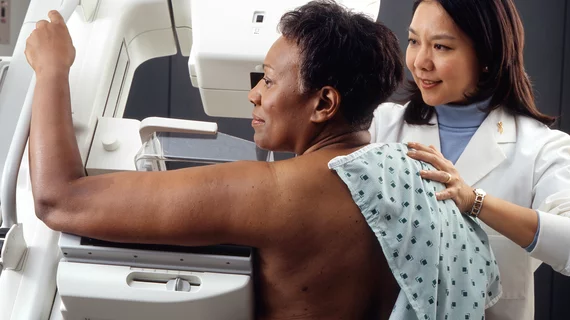Acute Coronary Syndromes
Acute coronary syndrome (ACS) is most commonly caused by a heart attack (myocardial infarction) where blood flow to the heart is suddenly blocked. This is usually caused by a blood clot from a ruptured coronary artery atherosclerotic plaque. Other causes include spontaneous coronary artery dissection (SCAD), which most commonly occurs in women. ACS is usually treated in a cath lab with angioplasty and the placement of a stent to prop the vessel open.


![Salt substitutes are associated with a reduced risk of high blood pressure without increasing the risk of low blood pressure, according to new findings published in the Journal of the American College of Cardiology.[1]](/sites/default/files/styles/top_stories/public/2018-04/salt-3285024_1920.jpg.webp?itok=cA0aeCky)


![doctor fruits vegetables vegetarian diet. Embracing a plant-based diet can improve a person’s cardiovascular health, according to a new commentary published in the American Journal of Cardiology.[1] The article, titled “Are We What We Eat? The Moral Imperative of the Medical Profession to Promote Plant-Based Nutrition,” also highlights multiple reasons that choosing plant-based nutrition over animal-based food can be viewed as being better for society as a whole.](/sites/default/files/styles/top_stories/public/2022-12/microsoftteams-image_12.png.webp?itok=RWBskBIY)






